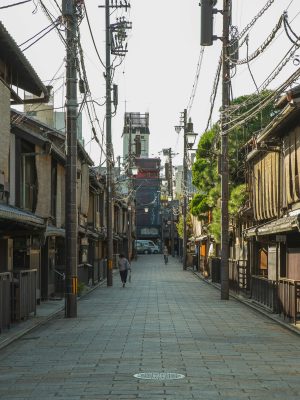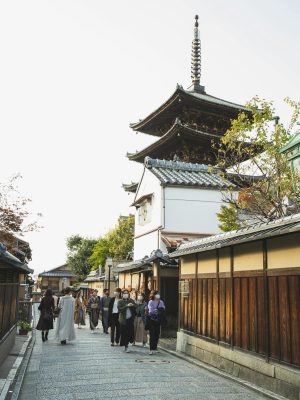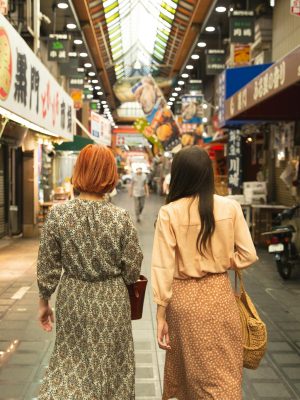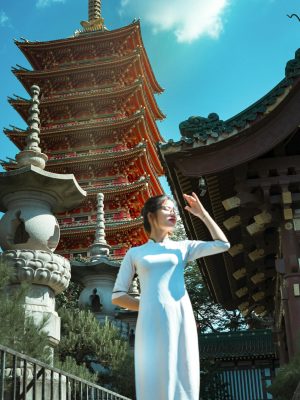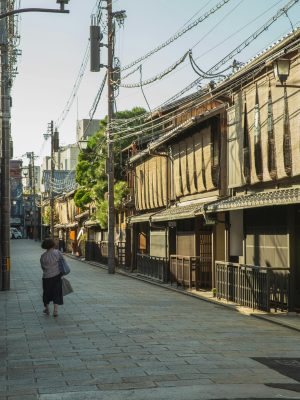Welcome
Embark on a journey through Japan’s wonders.
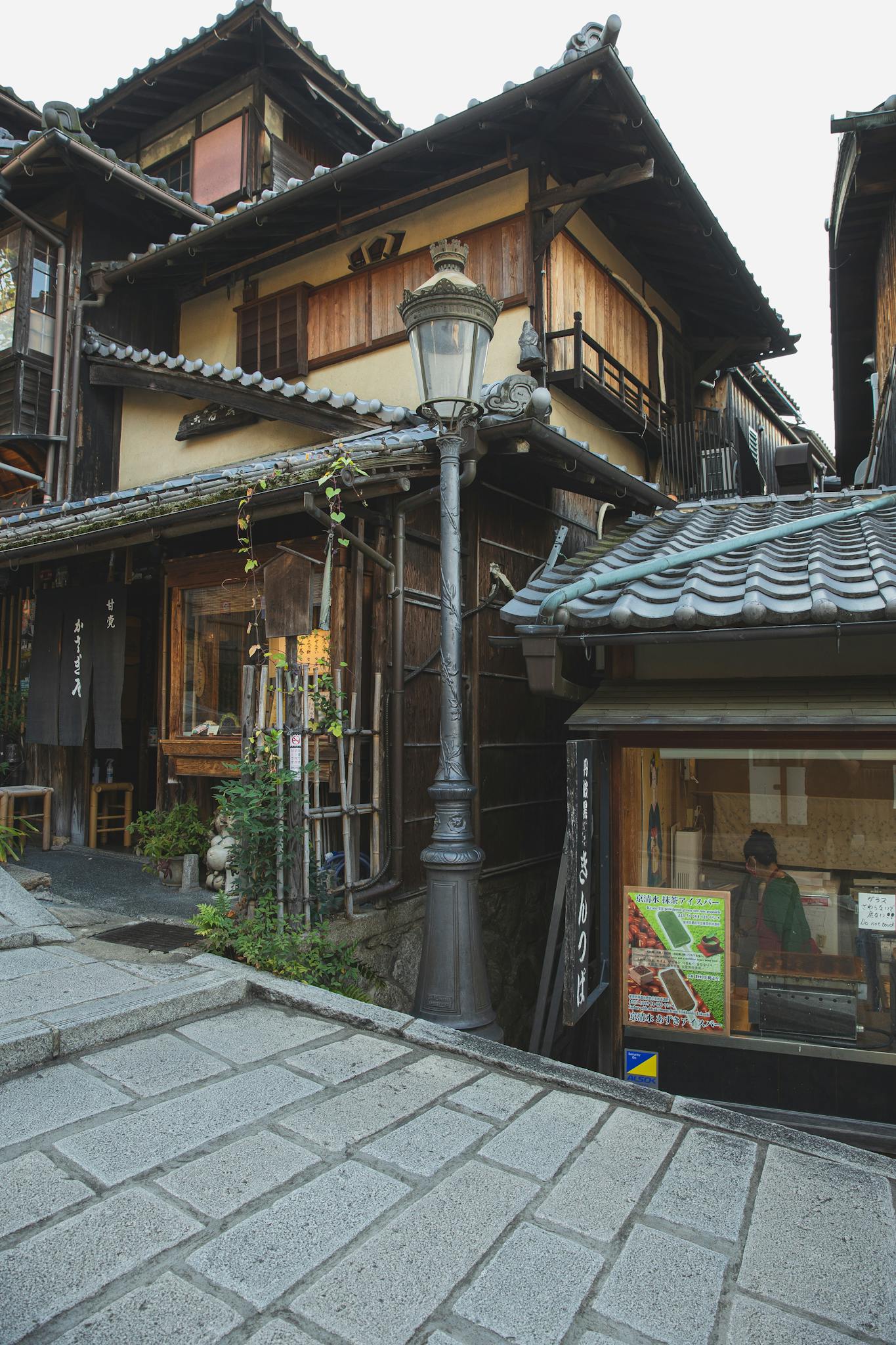
Visa Services
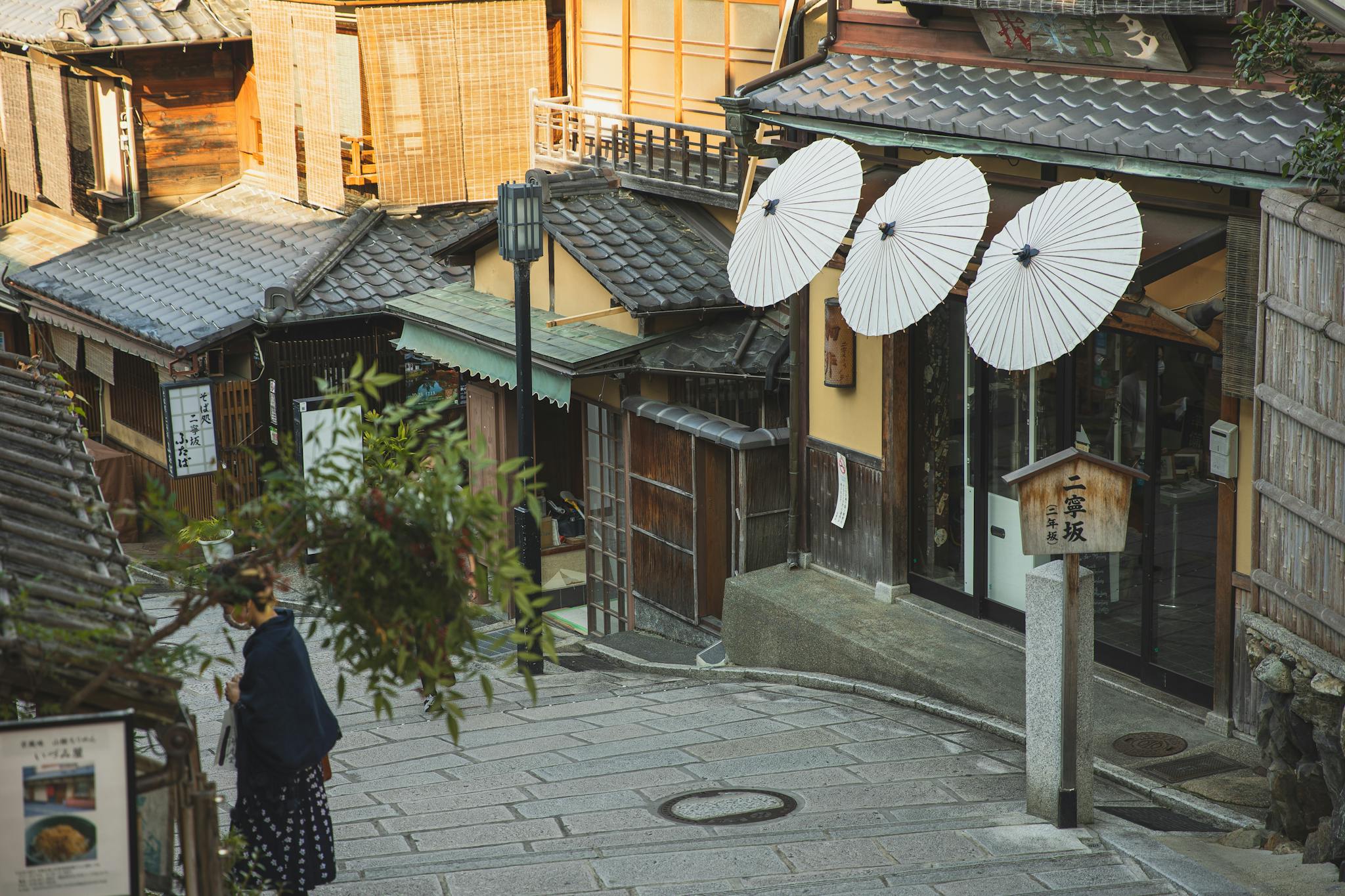
Cultural Itineraries
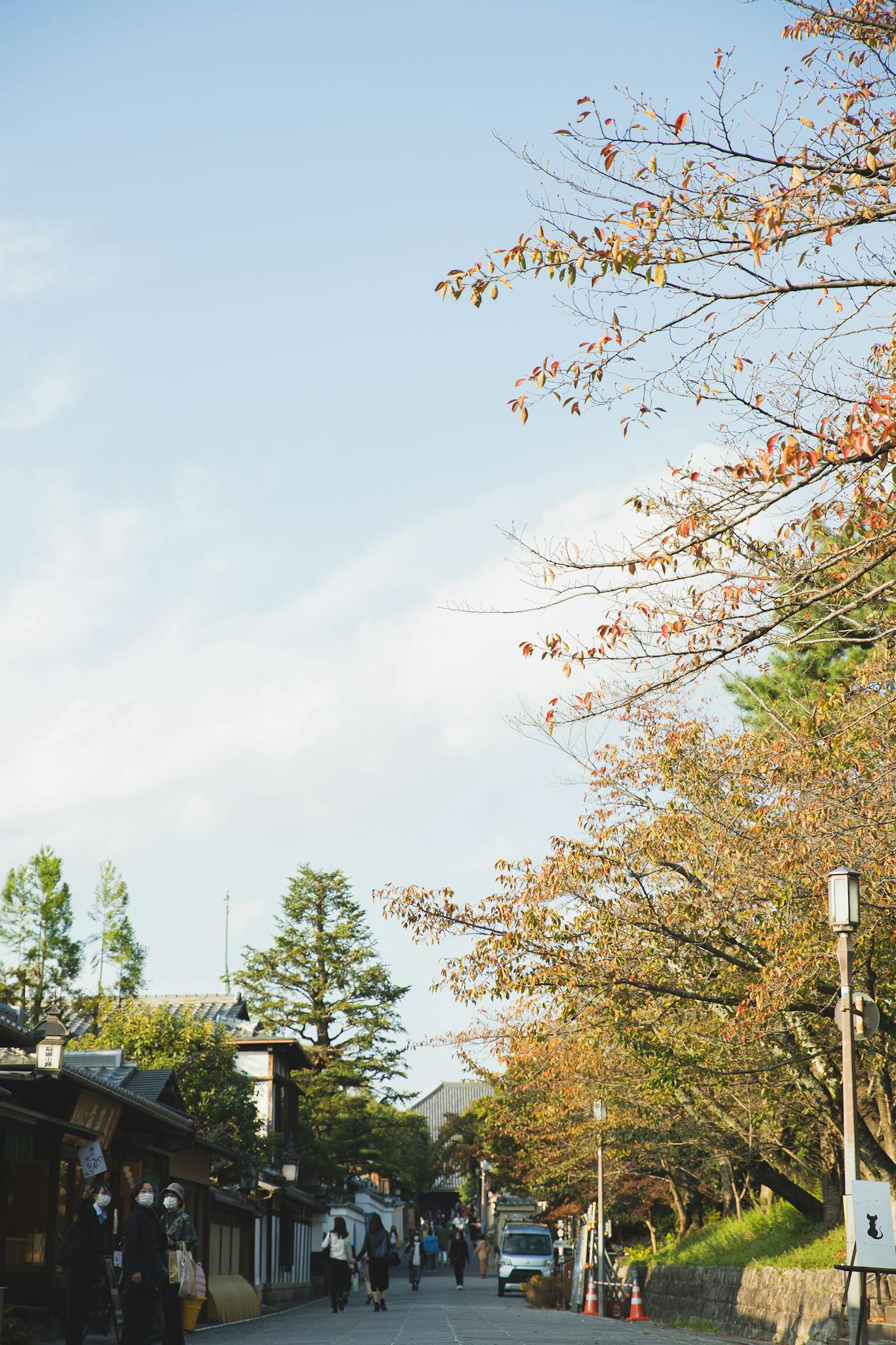
Accommodation
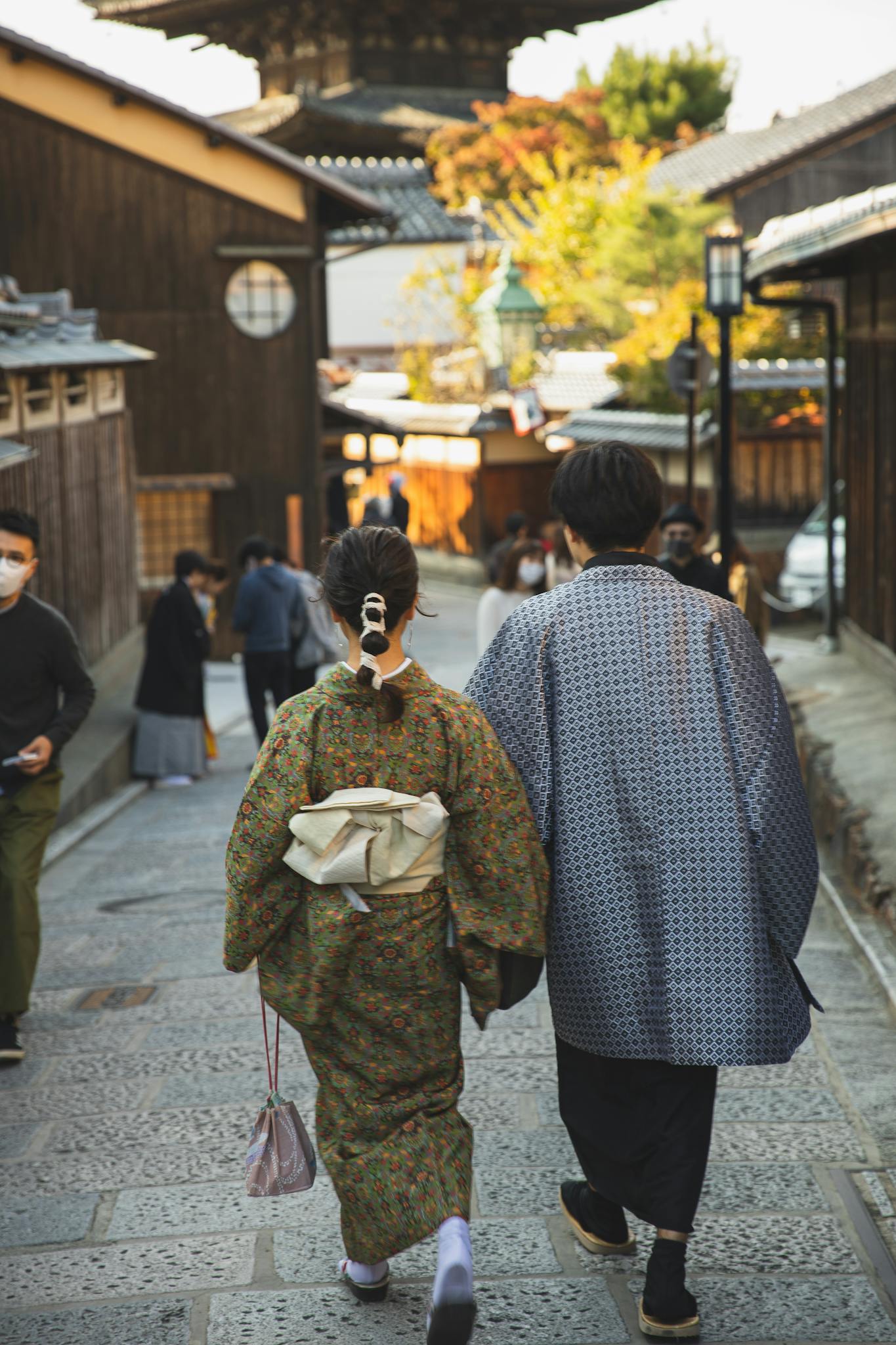
Local Experiences
Services
Premier travel agency specializing in Japan trips.
-

 Fuji Line$34.99 – $44.99
Fuji Line$34.99 – $44.99 -

 Himalaya Range$54.99
Himalaya Range$54.99 -

 Pyrenees Pack$34.99 – $44.99
Pyrenees Pack$34.99 – $44.99 -

 Sierra Series$34.99 – $44.99
Sierra Series$34.99 – $44.99
Key Metrics
Explore the impact of Japan Insides through these key metrics.

Discover the Wonders of Japan with Our Expert Guidance
Plan your dream trip to Japan with ease.
Mission Statement
Premier travel agency specialized in Japan experiences
Why Choose Japan Insides for Your Next Japan Adventure
We are dedicated to facilitating seamless travel experiences for Americans exploring Japan.
Expertise in crafting personalized itineraries and accommodations
Specialized in assisting clients with obtaining Japanese visas
Unlock the secrets of Japanese culture with our curated experiences

Visa Services
Simplify your journey with our visa expertise.

Cultural Itineraries
Explore Japan’s rich cultural tapestry with us.

Accommodation
From modern hotels to traditional ryokans, we have you covered.
Subscribe now
Stay up to date with the latest travel tips, visa insights, and cultural highlights from Japan Insides.
